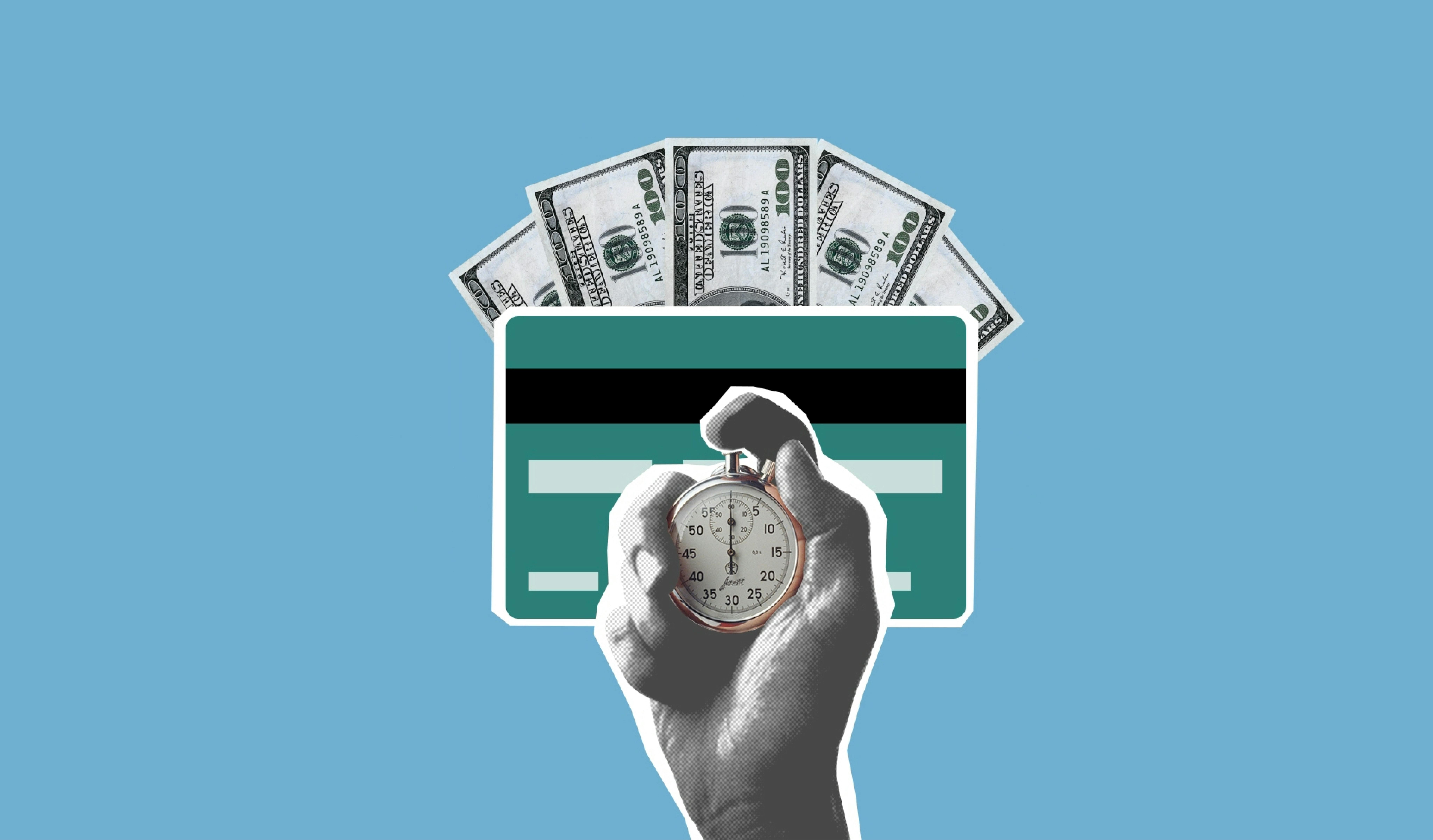
Recovery From Divorce And The 5 Steps To Your Next Long Term Committed Relationship – An Overview
admin
- 0
Would you like to have solid answers to these questions as you return to the search for a new committed relationship:
-
Does this person help me get through my last relationship that didn’t end well?
-
Do I enjoy spending time with this person?
-
Can this person provide what I need in a relationship? Is this person Mr./Ms. Suitable for I?
-
Can this person and I make our relationship work?
-
Do we help each other as a couple grow and develop (that is, change) over time?
Sounds innocuous enough, right? Who wouldn’t want to know this about a new partner? Would you believe that violating the order In which you answer these questions, can you sabotage any hope of a healthy and lasting relationship? This is why:
Sequence matters! – The five fundamental relationships1
For your next relationship to be successful in the long term, it must go through several separate, sequential, and identifiable relationships. Skipping anyone can derail your future happiness.
The five fundamental relationships are: (1) Transitional relationship, (2) Recreational relationship, (3) Pre-engaged relationship, (4) Committed relationship, and (5) Marital relationship. Skip or change one at your own risk.
Each of the five fundamental relationships can be considered a separate relationship that has a unique purpose and a specific underlying question that defines each stage, the answer to which will determine whether the relationship will move to the next stage of development or not. Done right, this is a marathon, not a sprint, and they must be done in sequence.
1. The transition relationship: Have I eliminated my ex from my mind?
The first of these fundamental relationships is Transition Relationship.
This is a relationship you enter into before your committed relationship ends in divorce, or shortly after, for the purpose of facilitating the decoupling process. Your goal is to facilitate the uncoupling from your previous partner and to re-experience validation.
The focus is on you like individual And the main question that motivates this relationship is, “Can you help me get over my ex?”
You feel validated and hopeful for the first time in a long time. However, good feelings can lead you to this very common trap: You get so excited when you find someone who can give you what your ex couldn’t or didn’t want, that you conclude, “I finally finally found my soulmate!” No, you haven’t. Not yet. You’ve just realized that you can hope that life without your ex can be enjoyable.
Some people may already be disconnected without any emotional baggage attached to their ex. They can go directly to the Recreation phase. However, others will use a transitional relationship to facilitate the breakup.
2. The recreational relationship: Does my heart race when we’re together?
The second fundamental relationship that we must master is the Recreational Relationship.
The purpose of the recreational relationship is enjoy and restore a sense of trust and validation they almost always get lost in the divorce process. The goal is to have fun, get back to feeling good about yourself, and restore self-confidence in your dating and social skills.
The focus is on you like individual And the main question that motivates this relationship is: “Do I have fun when I am with him / her? Is it fun to be with him / her?“
The most common trap at this stage is that you feel so good when you are with your partner that you commit the cardinal sin of believing what our culture tells us when it says: “Follow your heart. If it feels good, it must be true love.” ! “No, it isn’t. Not yet. It’s just hormones and chemistry. You’ve just met someone you enjoy spending time with.
As a result, you will find yourself thinking ahead with your new friend and even talking to him about your future together. Whose. You won’t know if the two are a good fit for several more months at the earliest.
During the recreational phase of the relationship, a good rule of thumb is to Rule 6-1 / 6-4. This means that for the first 6 months restrict your plans, thoughts, and topics of conversation with your partner to events 1 week in the future or less. Then for the next 6 months restrict your plans, thoughts, and topics of conversation with your partner to events 4 weeks in the future or less.
That is, for the first 6 months, look no further into the future than next week. And for the next six months, look no further than a month into the future. You have a lot of time to get it right. Use it. Get to know each other for real.
3. The pre-committed relationship: My head must also be heard
The third fundamental relationship that we must master is the Previously engaged Relationship.
This is the most important simply because most people don’t realize it exists or think it violates the cultural saying of “Follow your heart. You’ll only know if it’s true love.”
In this relationship, you undertake the serious intellectual work of determining whether your basic requirements for a long-term relationship can be met. This stage of the relationship is vital to long-term success and can last for several months.
The purpose of the pre-committed relationship is determine if someone is a “good fit”. This goes beyond whether he / she is fun to be with and raises the crucial logical question: “Will a life with this person give me what I need in a long-term relationship?”
The focus is on you like individual and the main question that motivates this relationship is: “Is this person the right sir / madam for me? Is it possible to meet all my requirements in this relationship?”
Unless all of your requirements can be met, your satisfaction with the relationship will be doomed.
4. The committed relationship: throw away Together, can we make it work?
The fourth fundamental relationship that we must master is the Engaged Relationship.
At this stage in their relationship, both partners believe that their basic requirements can be met. The purpose of this stage is find out how they can make the relationship work, despite the differences and conflicts that exist in all relationships.
This is the first time that the couple, working together, have been given the responsibility of developing the relationship. Until now, the issue has been that individuals do the work separately and apart from their partner.
The focus is on you as Partner And the main question motivating this relationship is, “How can we make this work?”
5. The marriage relationship: Can we help each other to change and develop?
The fifth and final fundamental relationship that we must master is the Marital Relationship.
Now that the relationship has matured to the point of making it public and formal, the focus is on enabling and encouraging each partner to grow, develop, and change. People change, whether you expect it or want them to. Demanding that your partner stay the same as when you first met is a guaranteed way to cause resentment, and a good bet that a broken relationship is in your future.
The purpose of this stage is keep the relationship alive by fostering growth and development.
The focus is on you as Partner And the main question that motivates this relationship is: “How can we help each other to change and fulfill our dreams?”
So what is the point?
We don’t have to be slaves to the pressure of our culture. There is an alternative to “listening to your heart” as a way to select your next committed relationship.
Treating relationship development as a process that encompasses each of the five fundamental relationships takes control over the future of your relationship from some imaginary roulette wheel in the sky and places it firmly within your grasp.
Now you can create the union you’ve always wanted without resorting to myth, mystery, and luck.
_____________
1 David Steele discusses recreational, pre-engaged, committed, and marital relationships in his book: David Steele, Conscious dating (Campbell, CA: RCN Press, 2008).

